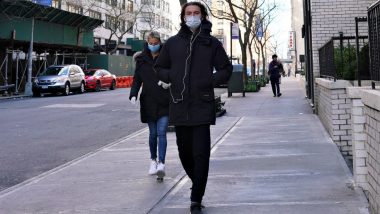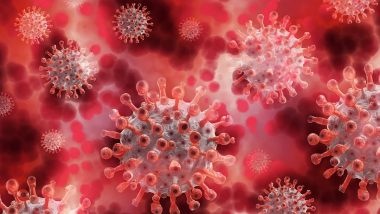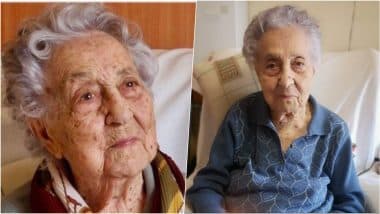London, Jul 4: The use of face masks as protection against coronavirus will become a matter of "personal choice" as the UK lifts legal lockdown measures in place later this month, a Cabinet minister said on Sunday.
Housing Secretary Robert Jenrick said there will be a move towards greater “personal responsibility” as the UK prepares to end lockdown restrictions from July 19.
His comments came as several UK media reports on Sunday indicated that Prime Minister Boris Johnson is preparing to declare an end to compulsory face masks and other measures during the course of the next week. Delta Variant in US: Health Authorities Reconsidering Mask Mandate For the Public.
"It does look as if – thanks to the success of the vaccine programme – that we now have the scope to roll back those restrictions and return to a normality as far as possible," Jenrick told the BBC.
“We now have to move into a different period where we learn to live with the virus, we take precautions and we as individuals take personal responsibility," he said.
When asked if the requirement to wear face masks in certain settings will definitely go, he added: "I can't make that commitment this morning because the Prime Minister will make an announcement in the coming days – it does look if the data is in the right place."
In an interview with ‘Sky News', the Cabinet minister said that like many people, he wants to get away from the restrictions as quickly as possible.
He said: “We don't want them to stay in place for a day longer than is necessary. We are going to now move into a period where there won't be legal restrictions – the state won't be telling you what to do – but you will want to exercise a degree of personal responsibility and judgement.
"So different people will come to different conclusions on things like masks, for example."
The comment come a day after the British Medical Association (BMA) had called on the government to keep in place some lockdown measures, such as the compulsory use of face masks in enclosed spaces, in place beyond the July 19 timeline.
“As case numbers continue to rise at an alarming rate due to the rapid transmission of the Delta variant and an increase in people mixing with one another, it makes no sense to remove restrictions in their entirety in just over two weeks' time,” warned Dr Chaand Nagpaul, BMA Council Chair.
However, the indications are that the British Prime Minister is keen to move on towards the so-called “Freedom Day” with an end of several restrictive measures, including the requirement to scan a QR code when entering a bar, restaurant, hairdresser, gym, museum or other venues.
According to ‘The Sunday Times', in a press conference next week, Boris Johnson is expected to announce plans to drop social distancing rules and to reject proposals for a domestic COVID-19 passport.
"We believe it is now time for the public to start learning to live with COVID,” it quoted a Downing Street source as saying.
“All the data and scientific modelling suggests that the lifting of restrictions will lead to a rise in cases but — with the continued success of the vaccine rollout and the break in the link between hospitalisations and deaths — we are confident there will be no risk of it putting significant additional pressure on the NHS,” the source said.
A further 24,885 cases of coronavirus and 18 COVID-19 deaths were recorded in the UK on Saturday.
According to the National Health Service (NHS) data, more than 33 million people in Britain have now had their second dose of a COVID-19 vaccine and over 85 per cent of adults have been vaccinated with a first dose.
“This is a phenomenal achievement with 45 million adults now receiving their first dose. Vaccines are the way out of this pandemic and we know they are breaking the link between cases and hospitalisations, with more than 27,000 lives saved and 7.2 million infections prevented in England alone so far,” said Sajid Javid, who took over as the new UK Health Secretary last week following the resignation of Matt Hancock.
“Every adult is now eligible for vaccines – please take up the offer as soon as possible to protect yourself and your loved ones,” added Vaccines Minister Nadhim Zahawi.
The NHS reiterated its message that vaccinated people are far less likely to get COVID-19 with symptoms and even more unlikely to get serious COVID-19, to be admitted to hospital, or to die from it.
There is also growing evidence that they are less likely to pass the virus to others.





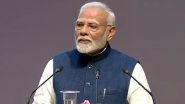





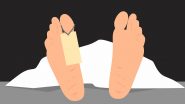

 Quickly
Quickly








